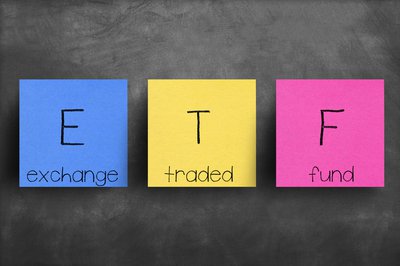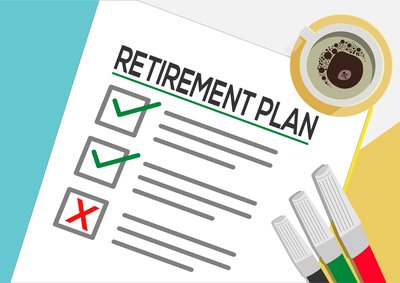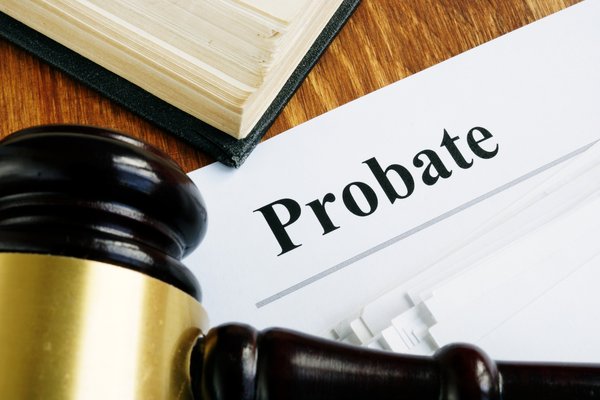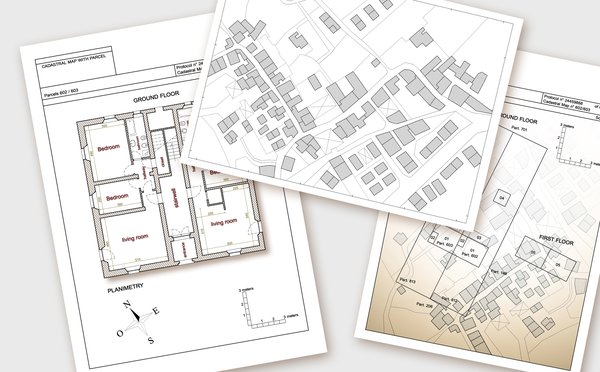If you're new to real estate investing, don't have a lot of time or money to invest, or would like to invest in larger projects but aren't an accredited investor, a real estate investment group, or REIG, may be the ideal solution for you. A REIG can be an easy way to invest in physical real estate, receiving competitive returns without many of the demands traditional investing requires. But a REIG is not for everyone, and you must carefully consider your goals and resources before committing to joining a group. Learn how REIGs work and whether they're right for you.

What is a REIG?
A REIG is a group of private investors who invest primarily in real estate by pooling money, knowledge, and/or time to acquire properties that generate income. The investment strategy used by the REIG will vary by group. They may use any number of typical real estate investing strategies like fixing and flipping, rehabbing and renting, buying commercial real estate, or holding or creating mortgage notes for a property.
Each REIG is structured differently and may or may not have membership fees. Some require very little active participation, with a board or lead person making all the decisions and taking care of the ongoing management. Other groups may operate as more of a partnership, where all members have responsibilities and a say in how the properties are managed.
One common thread among all REIGs is that money is grouped together from multiple members and investors and used to purchase and invest in real estate, providing a return, such as a profit split or interest payment, to the participating investors.
How REIGs work
Investing with a REIG is different from investing individually because money is pooled between investors, allowing you to receive shares or interest in a property or several properties without tying up as much cash or having to obtain your own financing. Additionally, the responsibility of the management of the property or investment portfolio is shared among the group.
There could be a lead organizer who helps manage the asset, but in many ways, the sole responsibility of acquiring, managing, and disposing of the property is handled by the group, not an individual.
A REIG is not a real estate investment trust (REIT) or crowdfunding real estate venture, although superficially, they may appear similar. They both invest the majority of pooled funds in real estate or real estate debt, earn income primarily from real estate, and distribute most of the income back to the parties involved.
However, a REIT distinguishes itself from a REIG in that it's a taxable corporation operated by a board of directors and structured as a large organization with strict qualifications and regulations to follow. For example, a REIT must have a minimum of 100 investors by the end of their first year as a REIT and have no more than 50% of the company owned by five or fewer investors. A REIG has no restrictions on size, and there are no guidelines as to majority owners, minimum distributions, or other thresholds.
What are the pros and cons of a REIG?
A REIG is a way for you to have your investment funds backed by physical real estate while you leverage the collective buying power and experience of the group. Since one or more members of the group manage the property, you personally have more time to work on other tasks, jobs, or investments. This can offer some peace of mind when it comes to risk and security, but only if the REIG is of good standing. Joining a REIG is a private agreement not regulated by any government agency, so there's always the risk of improper management or dubious motives.
Unfortunately, REIGs can be a part of a real estate investment scheme in which the leader of the REIG is partaking in fraudulent real estate investments or developments. So it's extremely important for any investor considering participating in a REIG to do their due diligence on the group, the investments held within the group, the structure and legal contract of the REIG and its members, and the person who manages and oversees the group's activities. Pulling a background check, confirming assets held by the group in public records, and speaking with current and past group members are all ways to do due diligence.
PROS
- Don't need as much cash to hold physical real estate; you can invest in larger real estate deals.
- There's no personal experience or knowledge needed in most cases -- you can benefit from the experience of others in the group.
- There's minimal time input because tasks are either shared between members or the investment is managed for you.
- You're investing in physical assets in a diverse range of property types.
- It's an opportunity to learn the investment strategy to gain personal knowledge and experience.
CONS
- Success depends on the group's knowledge; it's not guaranteed.
- You are investing with people, not a business, so you may find untrustworthy groups.
- They may charge a membership fee, which can reduce your return.
- Could be difficult to pull your money out, depending on your agreement terms.
- Disagreements and confrontations between investment goals, management styles, responsibilities, or outcomes are possible.
How can you find REIGs to invest in?
An online search may seem like the easiest way to find a REIG, but the top search results are often for-profit companies looking to charge membership fees in exchange for using their name when forming your own group, not an actual REIG you want to invest in. If you're looking to form your own REIG, networking sites like Meetup, LinkedIn, or even Craigslist can help you find and connect with investors looking for the same thing.
Another wonderful, proven resource is the National Real Estate Investors Association (REIA), a not-for-profit organization with local groups across the country. It holds monthly meetings, provides educational resources, and offers networking events for your specific area. Not all REIA branches will have REIGs, but they will give you a starting point from which to either network and start one of your own or find existing groups looking for additional members.
If you're not concerned about the group being local and are searching for a larger, more established REIG, crowdfunding may be the better option for you.
More investing topics
Best practices for joining a REIG
It's ideal to find a REIG with members with similar goals and personalities as yourself. Here are some questions to ask:
- Do your investment goals align? Are they looking for quick returns to increase capital or long-term wealth by holding real estate for the long term?
- Are projections reflective or realistic outcomes? How has past performance aligned with original expectations?
- Does their risk tolerance align with yours?
- If your goals and approaches don't align with the majority of the group, you'll likely find this experience to be stressful or downright disagreeable.
It's also important to note that the group may not allow you to pull out funds easily, depending on your agreement. If you think you might need to access or pull out your funds at some point, make sure there's an established process for doing so that works for you. Also, if the group is structured so each member has certain responsibilities, make sure your other commitments allow for this time. You don't want to put yourself in a position where you can't uphold your end.
The bottom line
The structure and terms you agree to are essential to understand before joining. It also goes without saying to make sure you thoroughly research the REIG and its members to the best of your ability. You're joining a group that will have access to your money and will be able to dictate or control, to a certain extent, how your funds are used. They could be downright shady characters looking for unsuspecting investors. However, if you do your research and find a group that works for you, it could be a worthwhile venture.



























